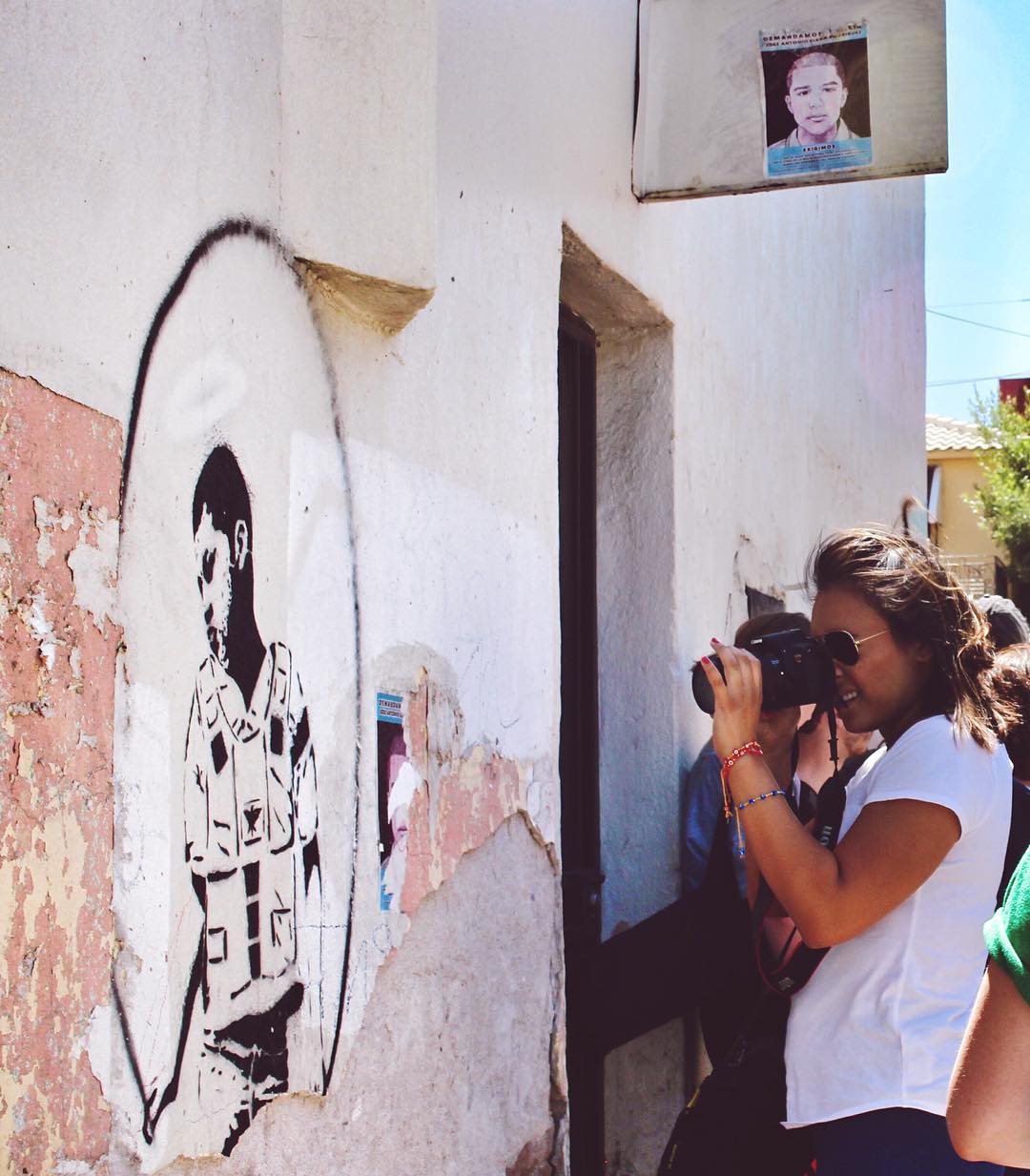When College of Arts and Sciences graduate Maria Corpuz was assigned a mini-documentary project for her journalism class during her last semester at Creighton University, she knew she wanted her film to be impactful.
“I wanted to do something that I could learn from, and if other people watch it they would be able to learn from too,” said Corpuz.
Corpuz decided to focus her documentary on food deserts in Omaha after talking to her friend and fellow Arts and Sciences Creighton graduate, Dawaune Hayes, who grew up in North Omaha. Hayes had recently noticed more and more sources of healthy foods – like grocery stores – closing near his mother’s home in South Omaha, so he attended a town hall meeting to ask council members about addressing the problem. However, when he asked what would be done about the food deserts emerging in his mother’s neighborhood, the council had little knowledge about what a food desert actually was.
The American Nutrition Association defines food deserts as “parts of the country vapid of fresh fruit, vegetables, and other healthful whole foods, usually found in impoverished areas.”
Corpuz explained that food deserts exist where there is not access to a grocery store or healthy foods within a one-to-five mile radius of where you live. Most people living in these areas cannot afford a car that could get them to the nearest grocery store, much less places that provide healthy and organic foods, so the increasing distance between low-income neighborhoods and sources of healthy food is a big issue.
Corpuz interviewed various people and organizations in the Omaha area that work to help raise awareness about food deserts. In doing so, she was able to speak with Sarah Schram, the Supervisor of the Women, Infants and Children Program and the Douglas County Health Department. According to Schram, the lack of access to healthy food in places like North Omaha means that many people’s diets consist mainly of processed foods, which is detrimental to their short and long-term health. This is just one of the reasons that health care professionals are seeing a spike in diabetes and obesity rates in these areas.
Barbara Dilly, associate professor of anthropology and Roxanne Williams, executive director at City Sprouts, also contributed to Corpuz’s documentary. Williams cited that education is another issue surrounding food deserts. Since 1995, City Sprouts has off ered residents of the Orchard Hill Neighborhood in North Omaha a unique space to grow vegetables, flowers and herbs in a collaborative community garden.
To help support Omaha’s diverse immigrant community, the organization also dedicates a large portion of farmland to refugee families so they can continue to grow foods native to their home country. As a nonprofit program, City Sprouts also hosts a number of educational programs for school-age children to teach them about gardening their own plants and cooking with healthy food.
Even though Corpuz graduated from Creighton in December, she plans to continue working on her film. This spring, she wants to conduct more interviews and add footage to focus on more areas surrounding the issue. Corpuz’s goal for her documentary was to frame the questions people had about what food deserts were and raise awareness for the issue.
“I had a vague idea of what a food desert was, but after talking to all of these different people I now realize all of the implications that go into this issue,” said Corpuz. “I live in West Omaha, so I have a Target, a Walmart [and] a Hy-Vee all five minutes away from my house. I have plenty of access to healthy foods, so I really didn’t know what living in an area with a food desert was like.”
While there is no ultimate solution to depleting the presence of food deserts in the Omaha community, there are ways people can help. Schram advises people to approach the owners of their local convenience stores and ask them to stock healthier foods. Schram says that when more people demonstrate a desire for access to healthy foods, they create a demand that owners do notice and take into account.
Corpuz is the first to admit she does not know the answer to ending food deserts, but believes “the first step is to talk about it and make people aware.”
